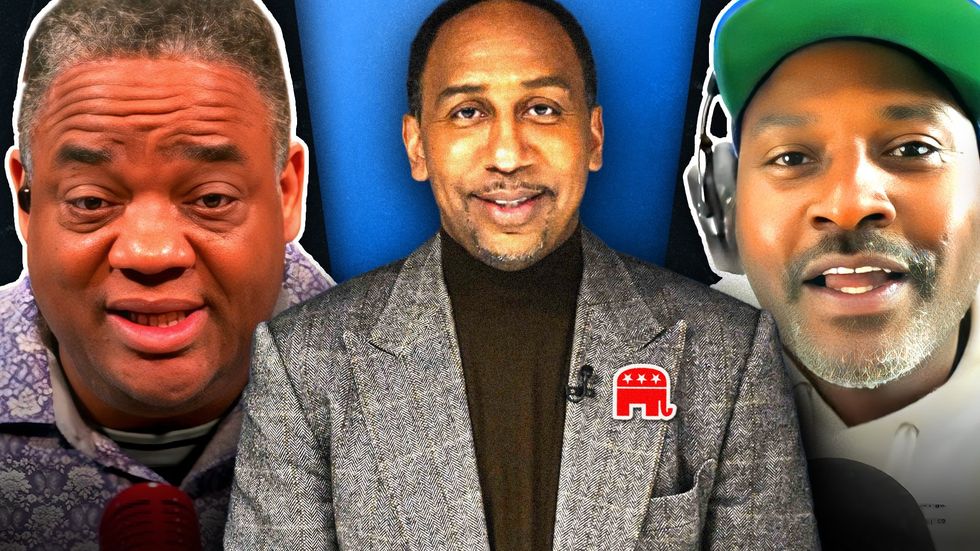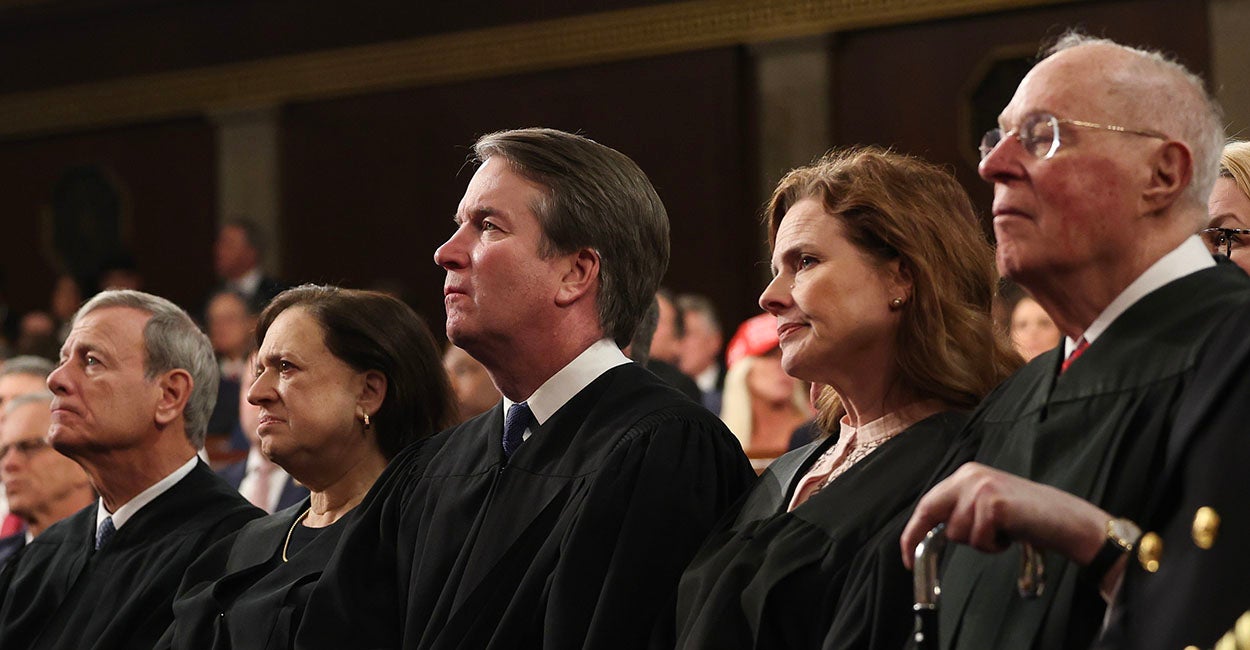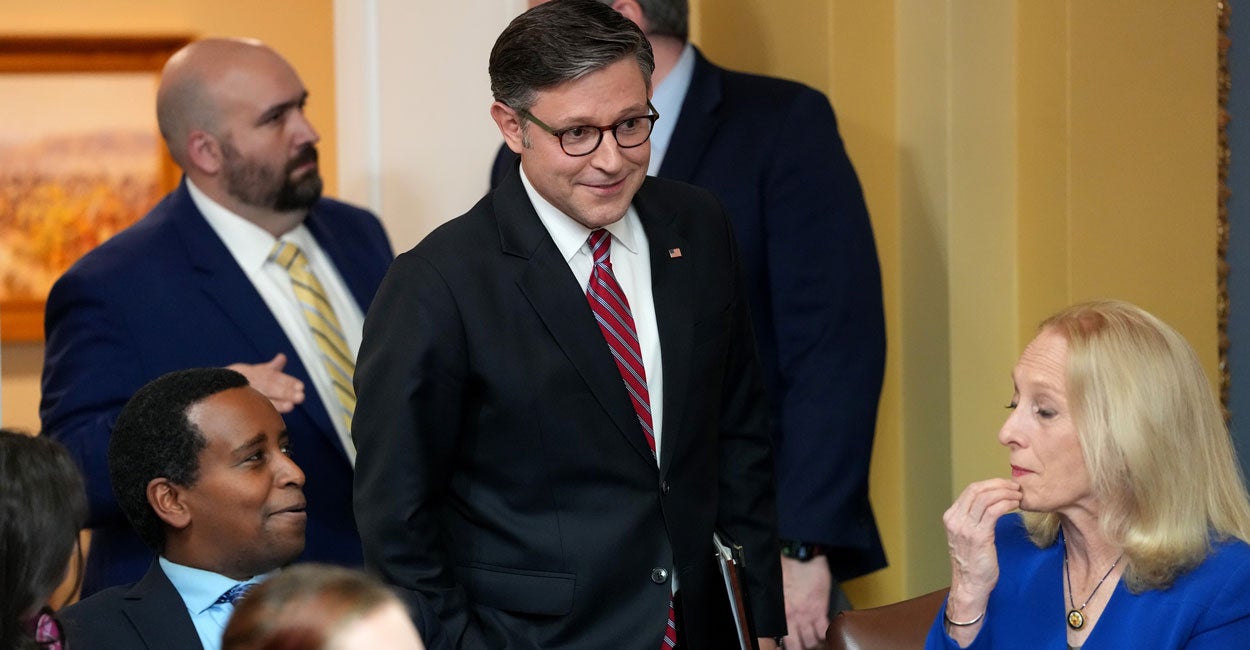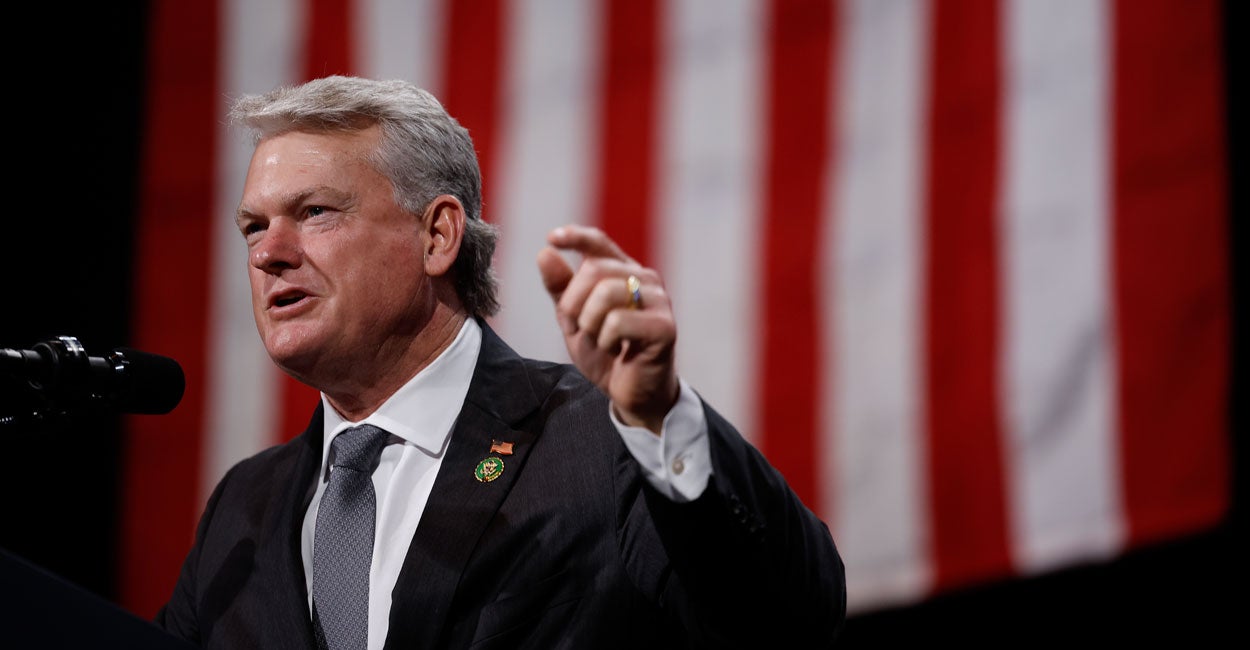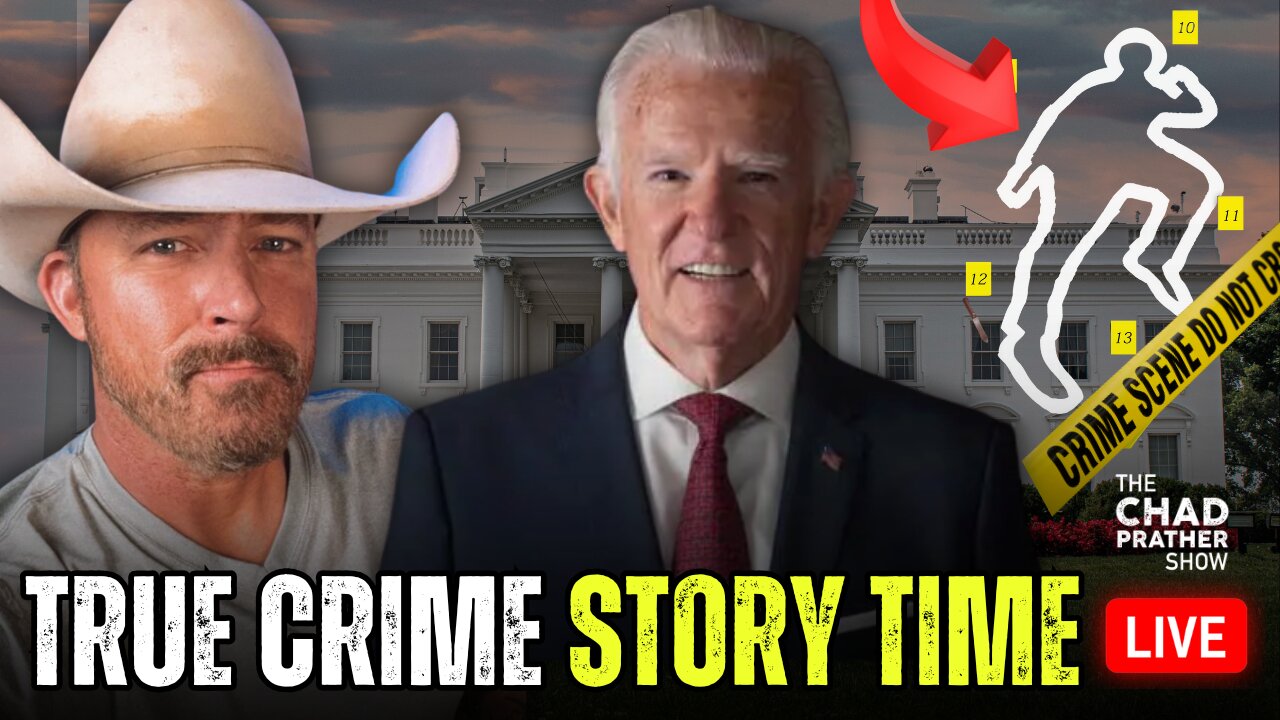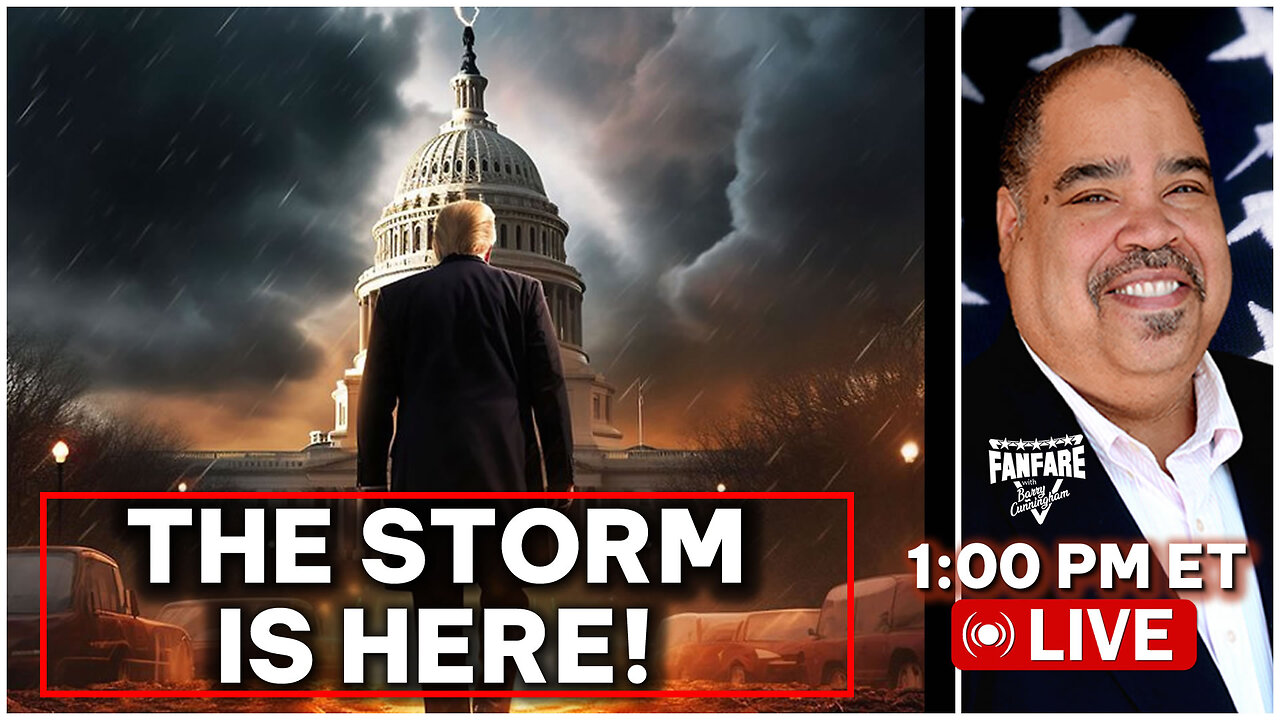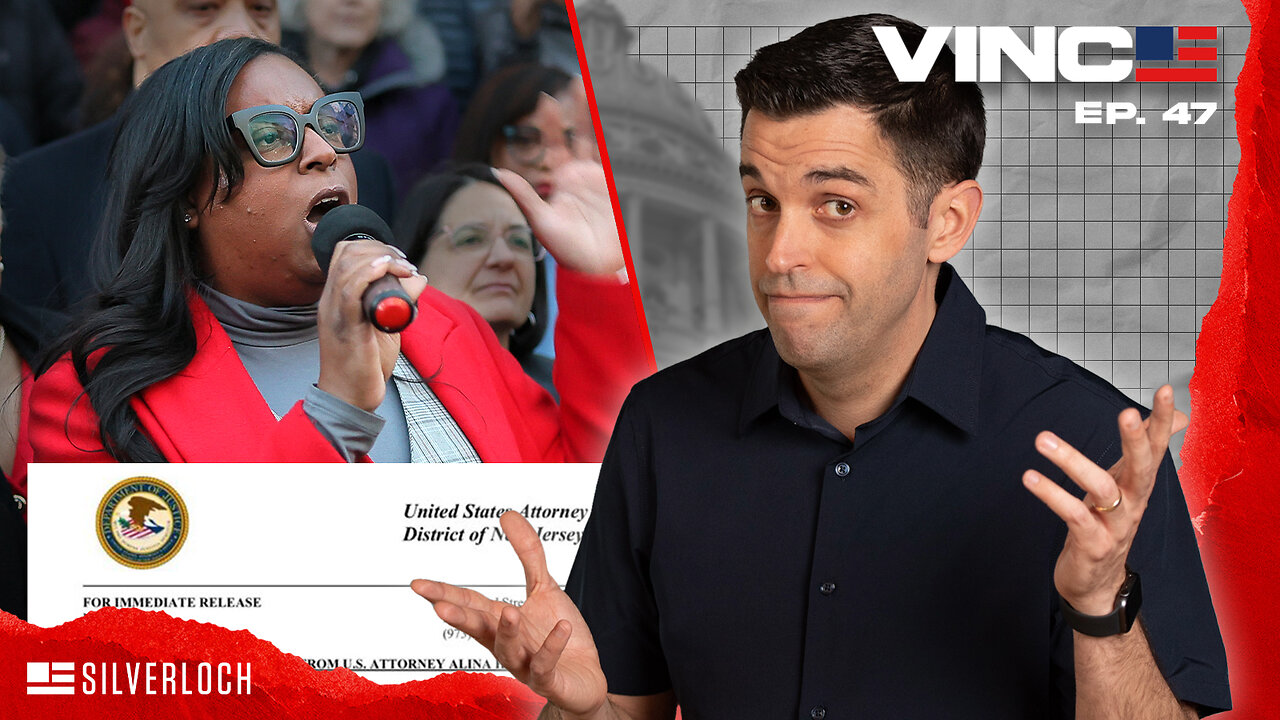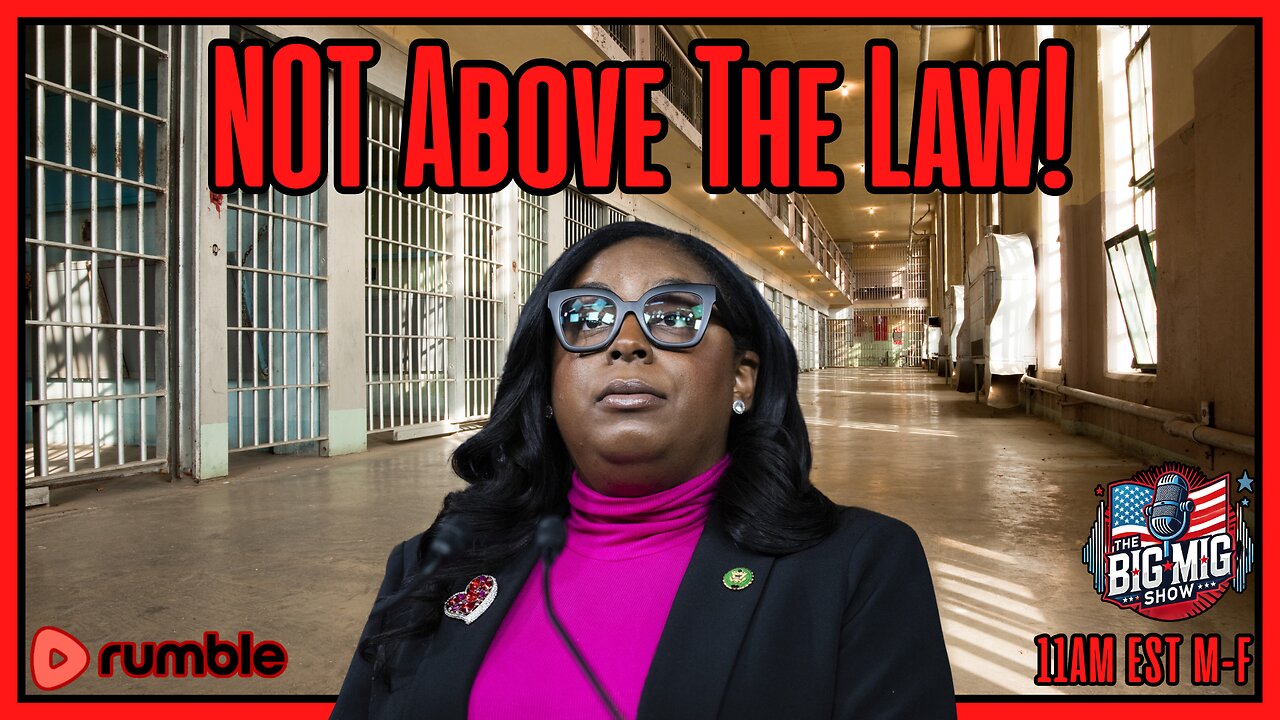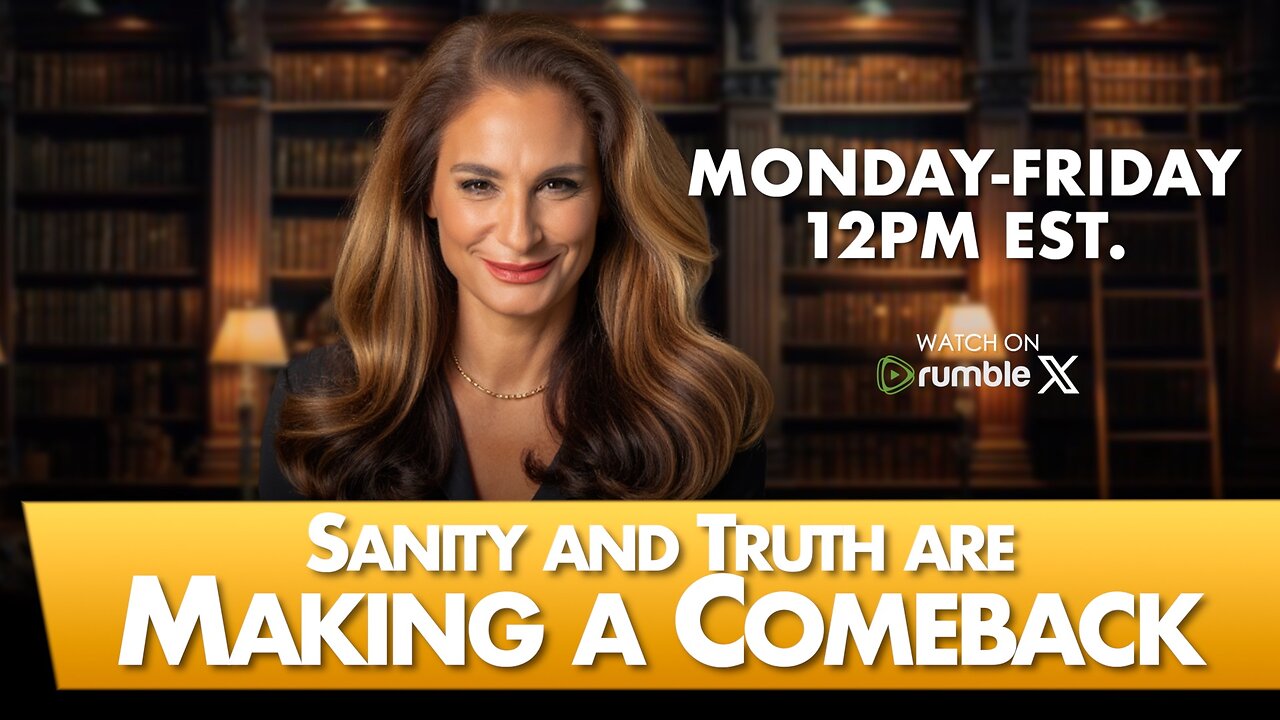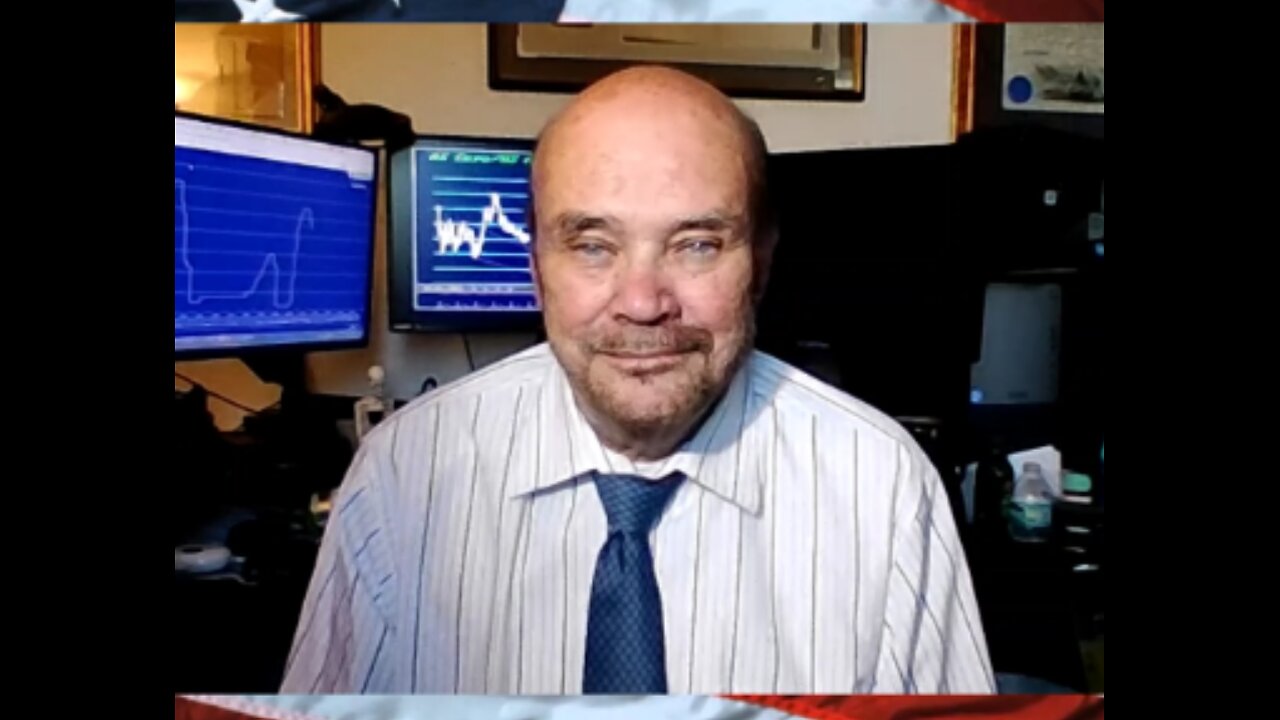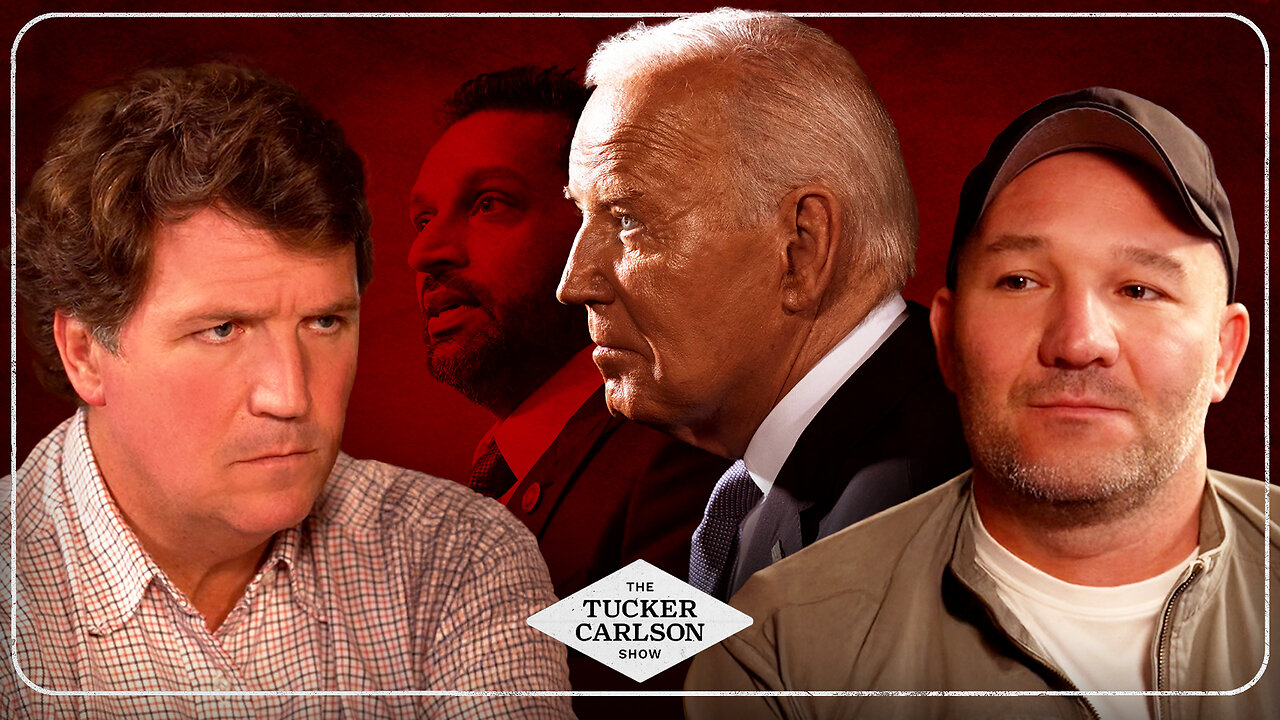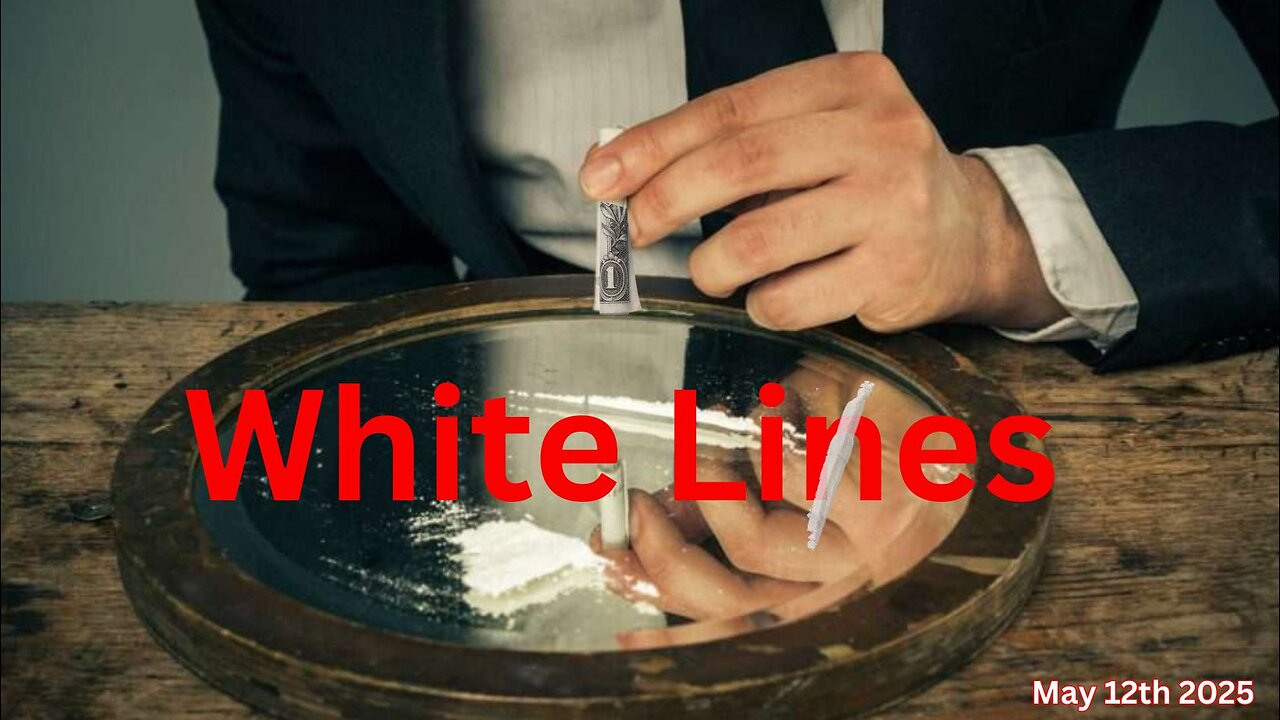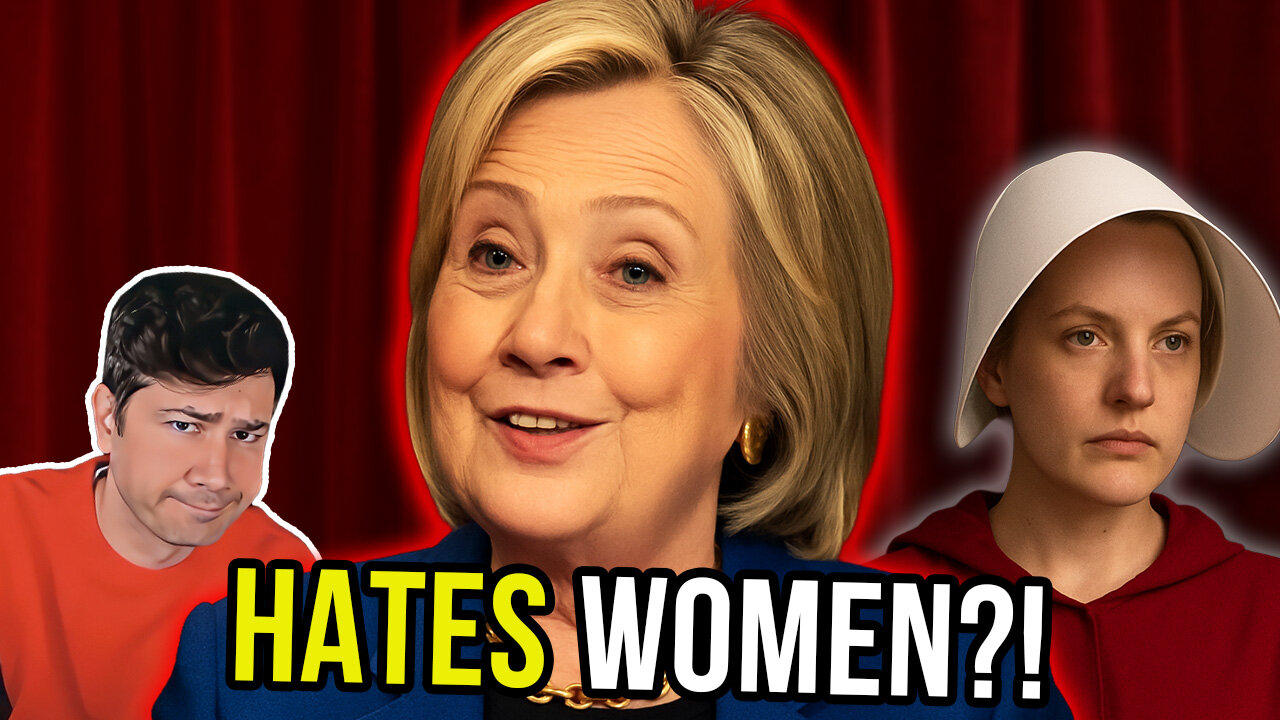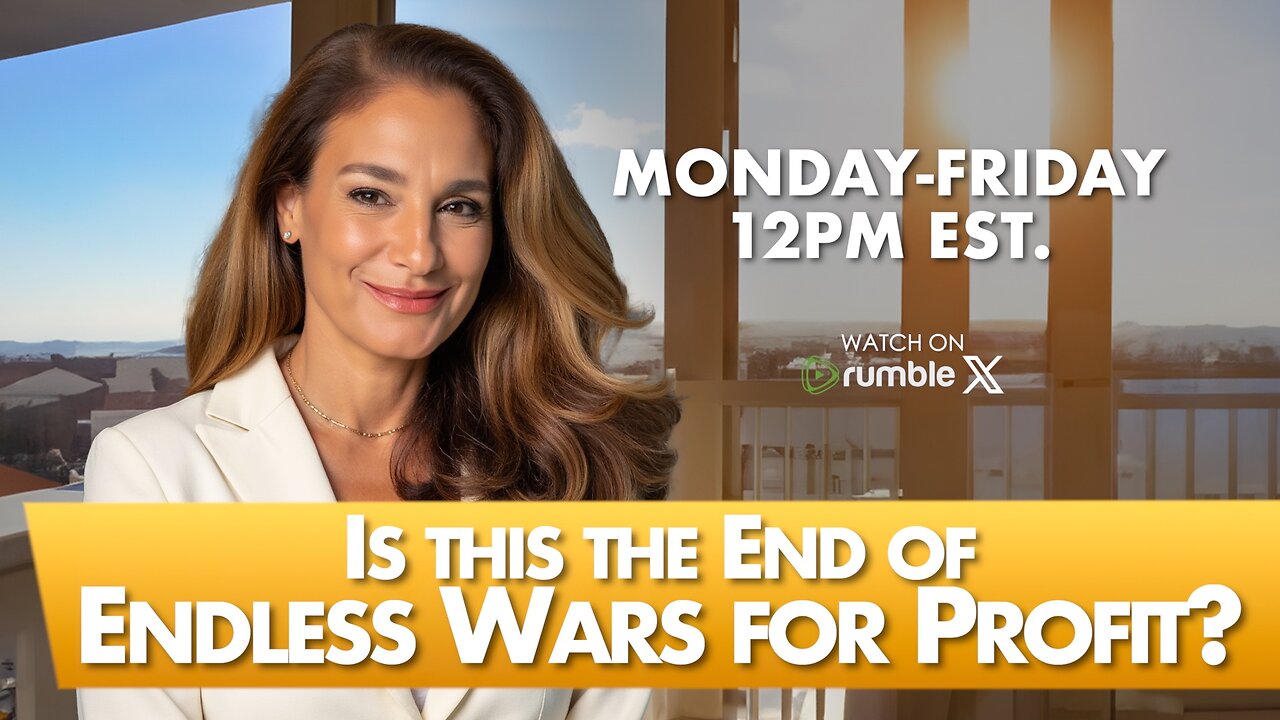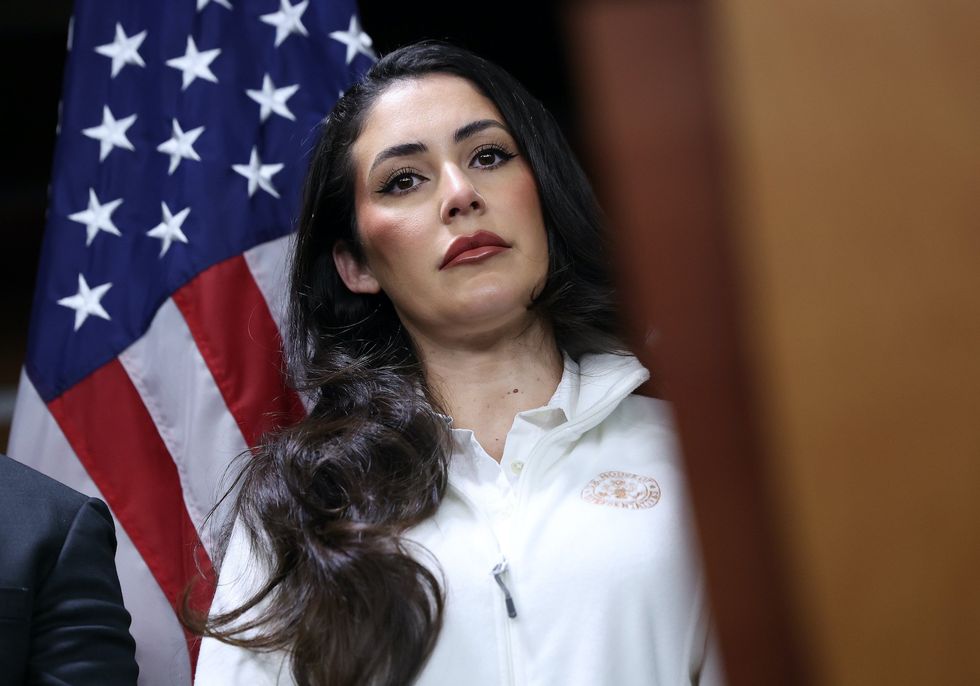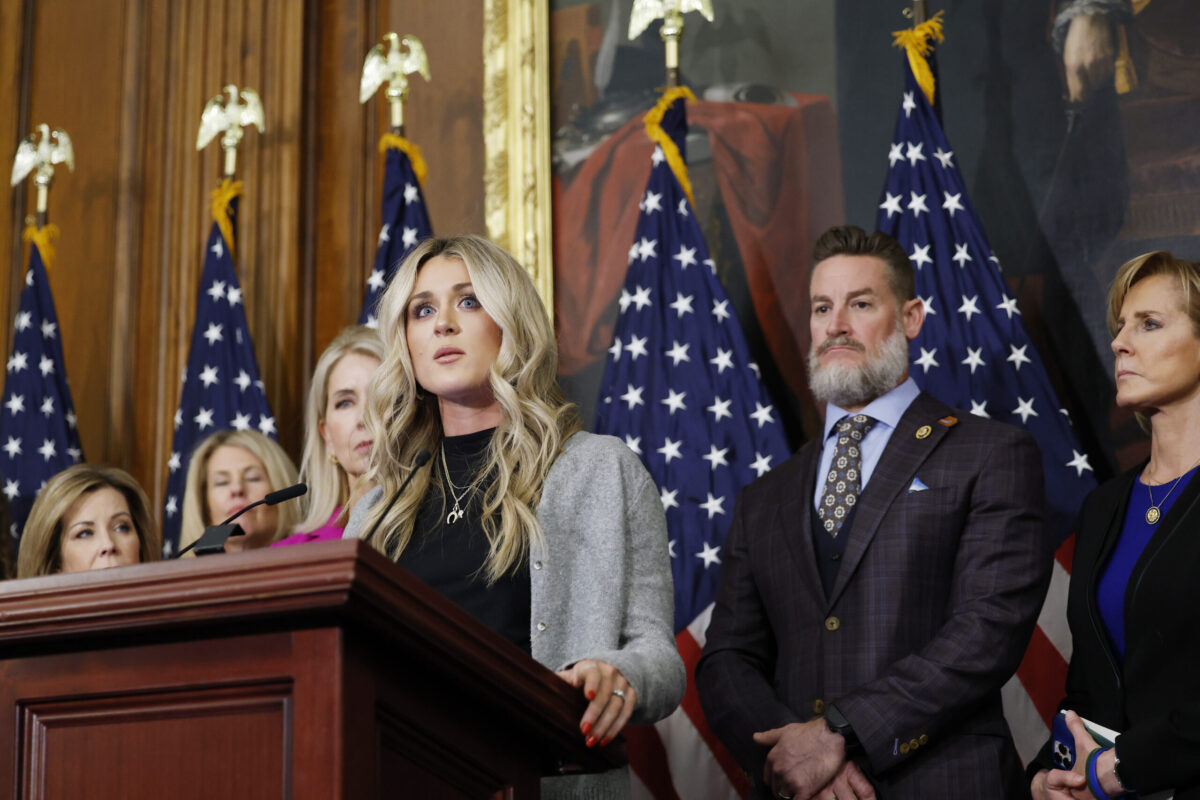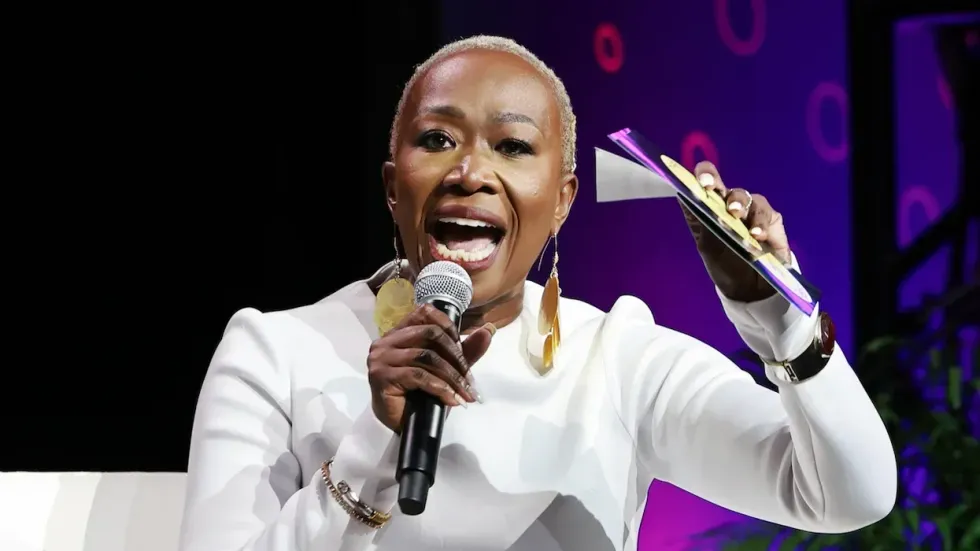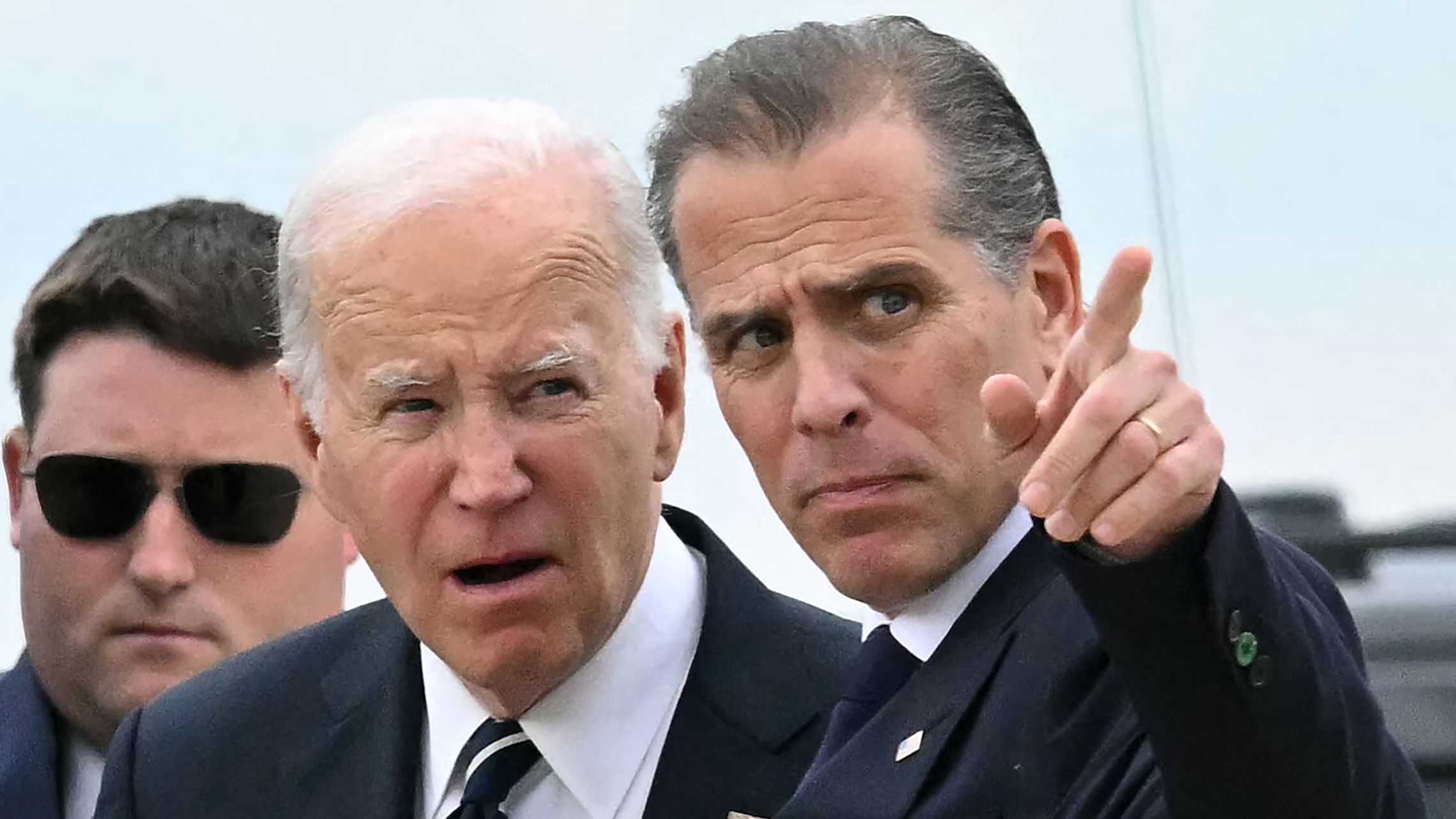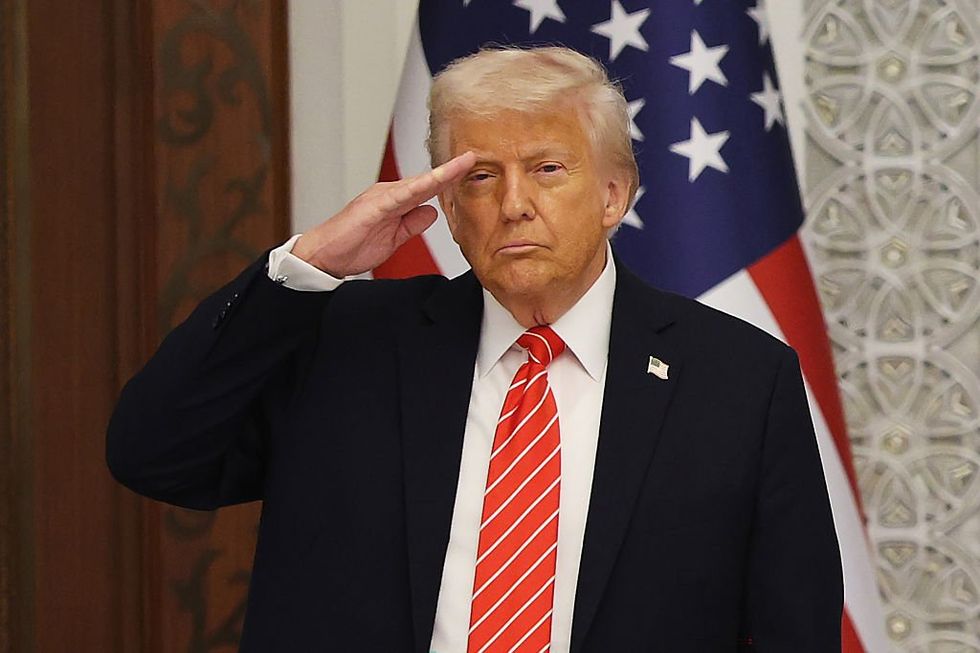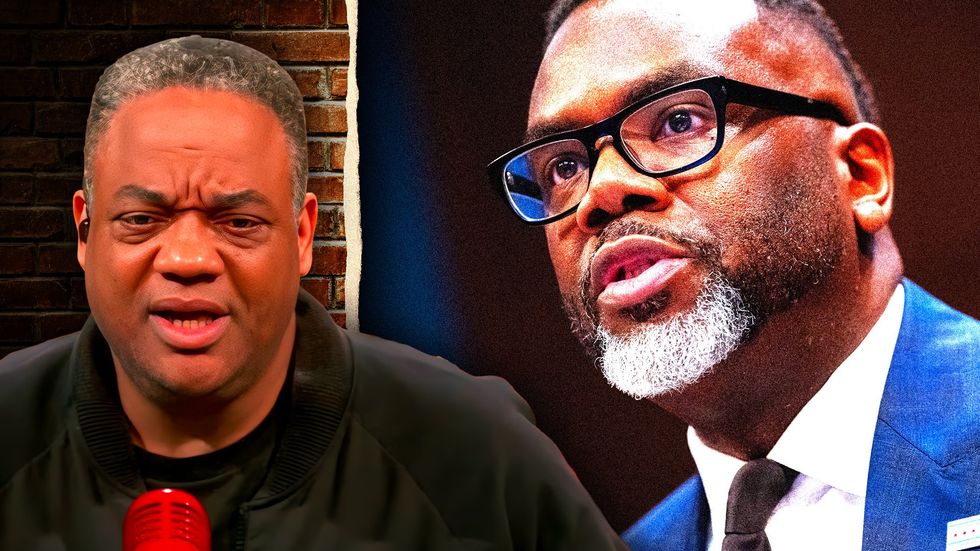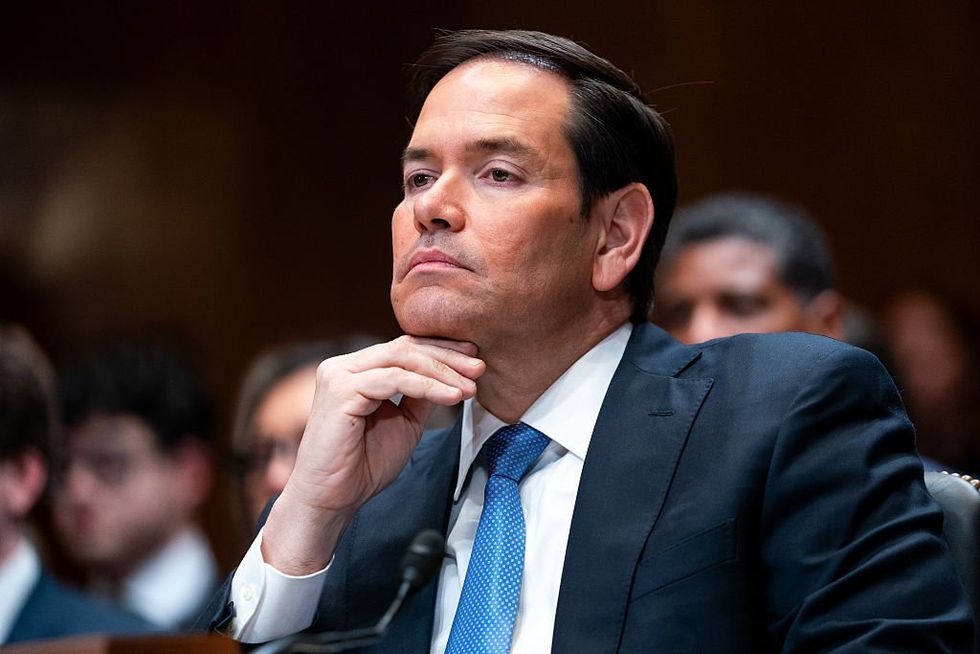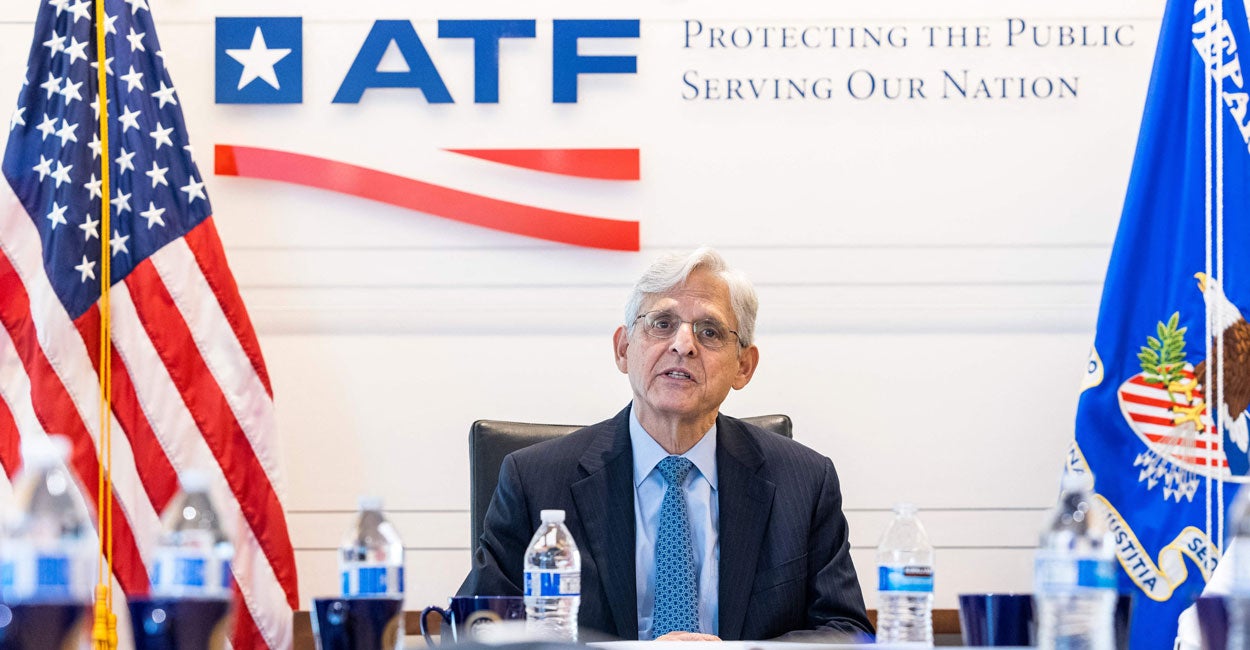Holiday cheer or political fear? Cancel culture hits the dinner table
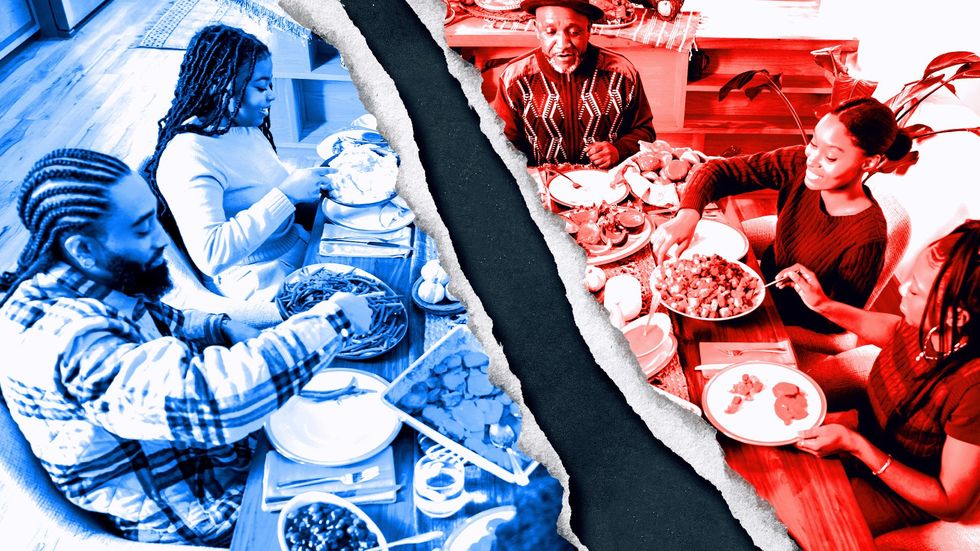

One of my big takeaways from the 2024 presidential election is that allowing politics to consume your life — and relationships — is deeply unhealthy. The most rabid progressives in politics have been advising Kamala Harris supporters to cut off loved ones who voted for Donald Trump at the time of year when families should be coming together, not splitting apart.
MSNBC’s Joy Reid put out a video the week before Thanksgiving explaining why some people might not feel “safe” around their MAGA relatives. She also had a Yale psychiatrist on her show who said LGBTQ+ people should feel free to avoid conservative family members.
The worst thing anyone can do this holiday season is cut off family or friends over politics. We need stronger connections.
“So if you are going through a situation where you have family members or you have close friends who you know have voted in ways that are against you, that are against your livelihood, then it’s completely fine to not be around those people and to tell them why,” Reid said.
After the 2020 election, I don’t recall any conservative articles encouraging Republicans to cut ties with liberal family members after Joe Biden won the White House. Yet, political divorce stories have become a genre of their own in progressive post-election commentary.
One Huffington Post contributor announced she was canceling Thanksgiving and Christmas because her husband and his family voted for Trump. Similar stories of people distancing themselves from relatives over politics have appeared in USA Today and Newsweek. This trend is troubling, but it aligns perfectly with the modern left’s approach to personal relationships.
The recent election revealed the anti-family ideology increasingly prevalent in progressive politics. For instance, the “Your Vote, Your Choice” political ad narrated by Julia Roberts in late October targeted married white women. The ad seemed designed to make wives feel a stronger allegiance to the “sisterhood” than to their husbands.
It’s bad enough that Democrats openly try to sow discord within families and divide husbands and wives. What makes their tactics even more egregious is the party’s unwillingness to define the word “woman” publicly. Democrats avoid doing so out of fear of offending a small group of men who believe they were born in the wrong body.
Anti-family and anti-human rhetoric isn’t just another Democratic Party talking point; it reflects a larger societal problem.
Nearly 30% of Americans now identify as religiously unaffiliated “nones” when asked about their personal faith. However, this doesn’t mean they lack deeply held beliefs. Every religion offers its followers a moral framework for distinguishing good from evil, a sense of community, and a set of deeply held convictions.
Although America has become less religious in recent decades, people remain passionate about their beliefs. In fact, those willing to sever ties with family members and destroy lifelong friendships over politics often display more zeal than the candidates running for office.
Consider this contrast: Joe Biden recently met with Donald Trump to congratulate him and discuss the transition process. The two men shook hands in front of a blazing fireplace as photographers captured the moment. Yet, some people won’t even share a meal with their parents because they voted for Trump.
Cutting off family over politics is shortsighted and extreme, especially when candidates often trade insults and baseless accusations they likely don’t even believe themselves.
Americans should spend more time with loved ones and less time online, where partisan politics dominate. Technology may give the illusion of greater connection, but in reality, American society is becoming increasingly fragmented.
People are delaying marriage and parenthood until later in life — or skipping them altogether. Families sit together at the dinner table or in restaurants, staring at screens like zombies. The politicization of companies, sports, and entertainment has turned the products we buy and the teams we root for into battlegrounds in the culture wars.
Meanwhile, our most important institutions have weakened, while partisan politics has grown unchecked, like an athlete on a human growth hormone. This imbalance is not a sign of a healthy society.
The worst thing anyone can do this holiday season is cut off family or friends over politics. We need stronger connections with those who care about our well-being. Political parties see us as voters, but our family and friends see us as real people and love us despite our flaws. No one should put politics over personal relationships.This holiday season, my hope is that families will gather to eat, drink, and celebrate together, regardless of their political preferences. Karl Marx famously said, “Religion is the opiate of the masses,” but the progressives urging people to cut ties with family members who voted for Donald Trump are a reminder that politics has become a religion for far too many Democrats today.
Originally Published at Daily Wire, Daily Signal, or The Blaze
What's Your Reaction?
 Like
0
Like
0
 Dislike
0
Dislike
0
 Love
0
Love
0
 Funny
0
Funny
0
 Angry
0
Angry
0
 Sad
0
Sad
0
 Wow
0
Wow
0
